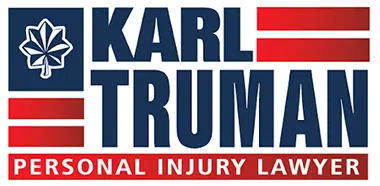Were You or a Loved One Exposed to Toxic Water at Camp Lejeune?
Contact Our Local, Veteran-Owned Law Firm Today
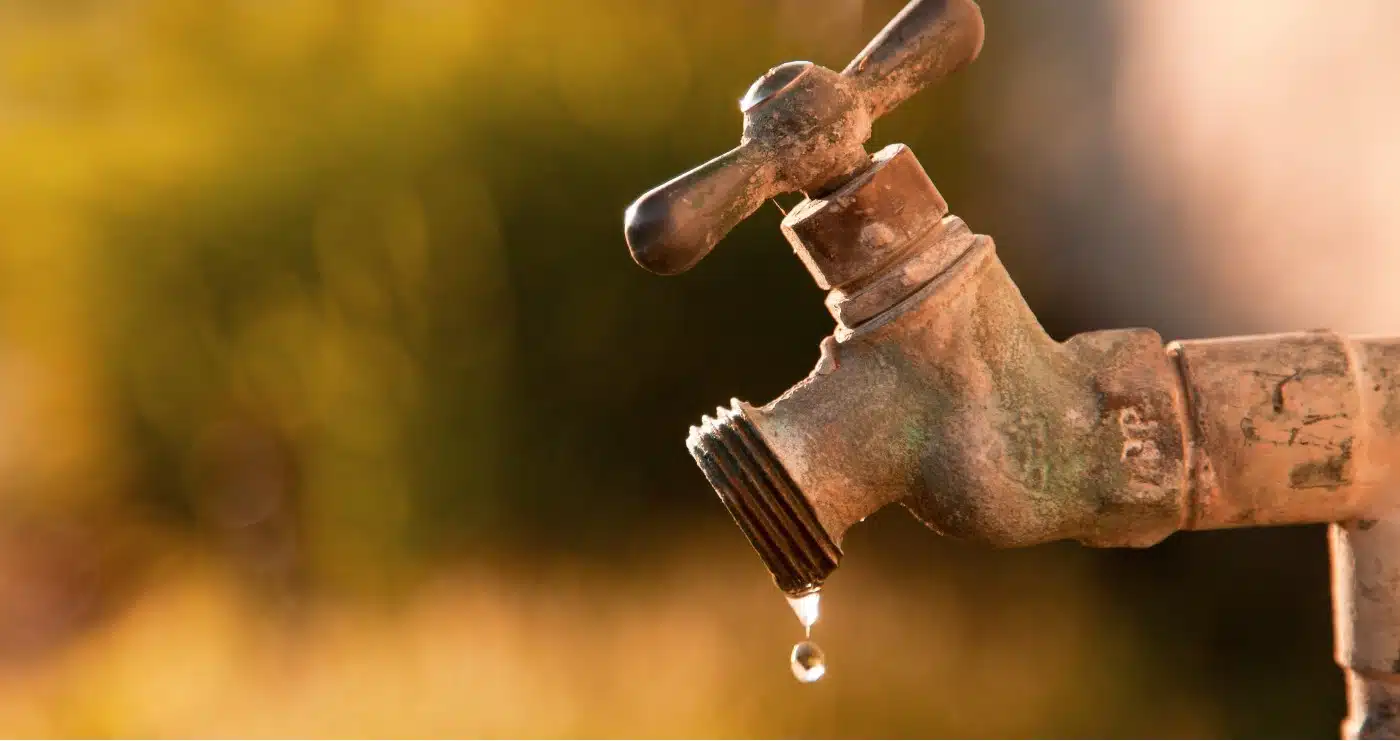
From 1953 to 1987, an estimated one million or more marines, military contractors, family members became exposed to toxic, contaminated water at Camp Lejeune in Jacksonville, North Carolina. The victims drank the contaminated water and bathed in it.
In the years and decades that followed, countless men, women, and children suffered adverse health effects because of their exposure. These harmful effects include lung cancer, kidney cancer, birth defects, miscarriage, and so much more.
But how and why did this all happen? How did the water contamination get so bad? What substances could have caused so many different diseases? And how could it have gone on for so long?
As the truth of what happened at Marine Corps Base Camp Lejeune has come to light, veterans and their loved ones have been asking these questions. And they deserve answers.
In this article, we’ll focus on the root causes of the Camp Lejeune water contamination and the toxic substances that were found in dangerous quantities there.
Our team has also written extensively about many other issues relevant to Camp Lejeune veterans and their families. This includes discussion about the Camp Lejeune Justice Act, new legislation passed in 2022 that, finally, allows Camp Lejeune families to have their day in federal court and seek the compensation they deserve.
For more information on those topics, please refer to any of the links below:

In the last handful of years, stories about water contamination in communities across the United States have sadly become common. Often, the problems have come from aging lead pipes or specific sources of industrial runoff.
At Camp Lejeune, however, the contaminated water problem can’t be traced back to a single factor or dangerous substance. In fact, two separate water treatment plants—Tarawa Terrace and Hadnot Point—became affected, each for different reasons.
For areas served by the Tarawa Terrace water treatment plant (including military housing, administrative offices, schools, and more), the biggest source of harmful chemicals came from a nearby dry-cleaning facility. From at least 1964 to 1986, toxic dry-cleaning solvent chemicals used by ABC One-Hour Cleaners were routinely handled and disposed of improperly.
Sometimes, these chemicals were even discharged directly into the septic system. Chemicals seeped into the groundwater and quickly contaminated wells at the Tarawa Terrace military housing, located less than 500 feet away. Tarawa Terrace was not switched over to the public water system until 1985.
At Hadnot Point (which served housing and offices as well as Camp Lejeune’s base hospital), chemical contaminants may have come from a wider variety of potential sources, including:
The primary list of major contaminants in the Camp Lejeune water supply include the following volatile organic compounds (VOCs):
The VOCs and other pollutants in the contaminated drinking water at Camp Lejeune are known risk factors for many health problems, including the following:
Because there were so many harmful chemicals in the water at Camp Lejeune, this is almost certainly an incomplete list, and government agencies are still assessing potential health effects.
If you spent at least 30 days living or working on base at Camp Lejeune between 1953 and 1987, and you’ve developed any concerning health problems, we strongly recommend that you seek medical attention and contact an attorney familiar with Camp Lejeune water contamination cases, such as LTC Karl Truman. You may be eligible for certain financial compensation or health care benefits, potentially including VA disability, VA health care, or a personal injury lawsuit.
RELATED POST: What Are the Symptoms of Camp Lejeune Water Contamination?
What happened at Camp Lejeune was inexcusable. For more than 30 years, the drinking water at the camp poisoned and killed not only the men and women who chose to serve but their children as well.
Even worse, the government knew about the problem for years. Shocking rates of miscarriage, birth defects, and disease would have been obvious—along with on-base graveyards where hundreds of infants were buried.
By the 1970s, the Environmental Protection Agency had identified Camp Lejeune as a “major polluter.” By at least 1974, the Marine Corps became aware that VOCs were dangerous and imposed stricter regulations on waste disposal.
Finally, in 1980, stricter environmental regulations forced the military to begin testing the water at Camp Lejeune. Despite shocking results and repeated warnings from chemists, the Marine Corps didn’t start to shut down the contaminated water supplies until 1985.
In the following years, the government and the leadership at Camp Lejeune continued to hide the truth of what happened, including what they knew and when they knew it. No one wanted to take responsibility. As a result, many victims have only recently become aware of the water contamination and its relationship to their health issues—long after their opportunity to file a lawsuit had expired, due to a law on the books in North Carolina.
However, with the passage of recent legislation, including the Camp Lejeune Justice Act (part of the broader PACT Act), Camp Lejeune victims finally have a way to seek the compensation they deserve.

Depending on your circumstances, you may have several legal options available to you if you served or lived at Camp Lejeune for at least 30 days between 1953 and 1987. These options include:
RELATED POST: Camp Lejeune Justice Act: A Veteran’s Guide
LTC Karl Truman has been fighting on behalf of veterans and their families for decades—both as a U.S. Army veteran and as a respected attorney in the Northern Kentucky and Southern Indiana communities.
Our law firm not only prepares Camp Lejeune Justice Act claims but also has extensive experience handling VA claims as well. This experience gives us a broad perspective to help our clients figure out what benefits and sources of compensation they may be eligible for and then handle multiple legal claims on their behalf.
These cases are personal for Karl and for our team. You and your family deserve justice. To schedule your free case review, call us today at (502) 222-2222 or complete the contact form on this page.
References
Agency for Toxic Substances and Disease Registry. (14 January, 2014). Camp Lejeune, North Carolina: Background. Centers for Disease Control and Prevention. Retrieved from https://www.atsdr.cdc.gov/sites/lejeune/background.html
Agency for Toxic Substances and Disease Registry. (14 January, 2014). Camp Lejeune, North Carolina: Chemicals Involved. Centers for Disease Control and Prevention. Retrieved from https://www.atsdr.cdc.gov/sites/lejeune/chem_descriptions.html
Levesque, W. (18 October, 2009). Camp Lejeune Water Contamination History. St. Lawrence County Government Veterans Department. Retrieved from https://stlawco.org/Departments/Veterans/CampLejeuneWaterContaminationHistory
National Research Council (US) Committee on Contaminated Drinking Water at Camp Lejeune. (2009). Contaminated Water Supplies at Camp Lejeune: Assessing Potential Health Effects. Washington (DC): National Academies Press (US); 2009. Summary. Retrieved from https://www.ncbi.nlm.nih.gov/books/NBK215286/
Sorg, L. (21 February 2020). A Superfund cleanup in Jacksonville failed. Without federal funding for a fix, contamination is spreading. NC Policy Watch. Retrieved from https://ncpolicywatch.com/2020/02/21/a-superfund-cleanup-in-jacksonville-failed-without-federal-funding-for-a-fix-contamination-is-spreading/
The content provided here is for informational purposes only and should not be construed as legal advice on any subject.



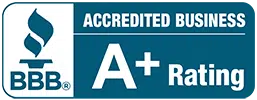







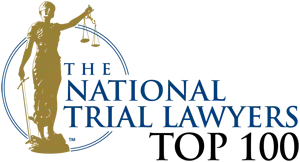
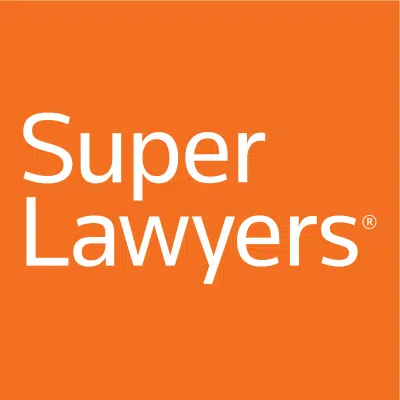



Disclaimer: Kentucky does not certify specialties in legal fields. The personal injury law information on this website provided by The Karl Truman Law Office is not meant to be taken as formal legal advice. If you need to speak with a personal injury attorney in the Louisville, Kentucky, or Jeffersonville, Indiana areas please contact us today.This website is not intended for viewing or usage by European Union citizens.
Terms & Conditions for SMS communication: Karl Truman Law Office will use SMS communications to contact those that have inquired about our services which include all practice areas listed on our site. Attempts to contact will cease after one month unless a case is accepted and signed with the Karl Truman Law Office, in which case we will continue to utilize our SMS feature for appropriate communications. Should there be any questions or concerns about our SMS communications, please call our office at 502.222.2222 or email us at [email protected]. You may opt out of these communications at any time by reply with STOP. Message and data rates may apply.
